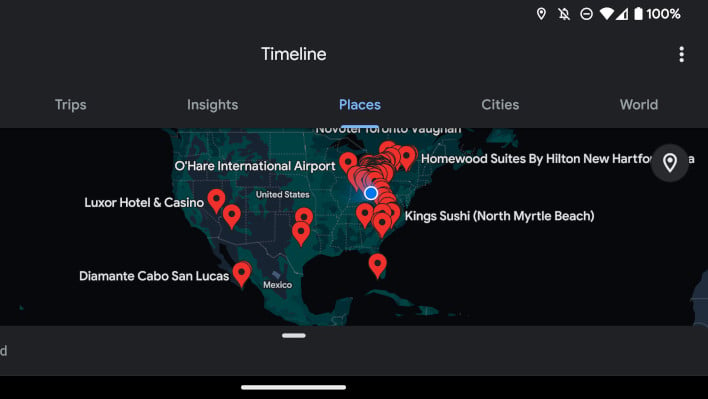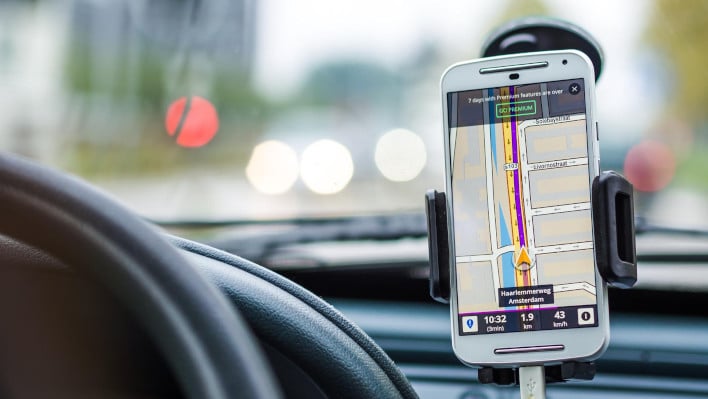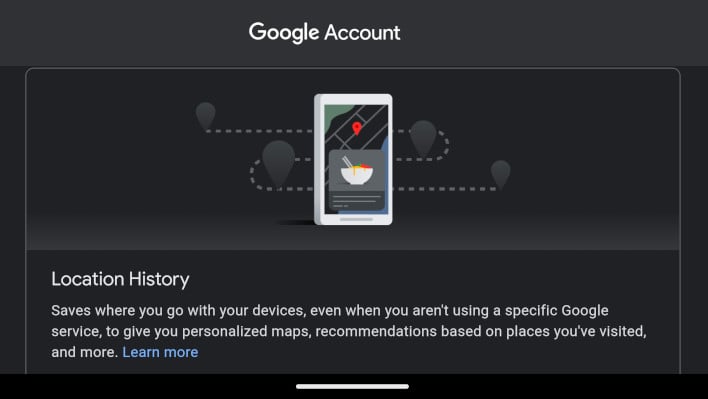How To Stop Apps From Knowing Your Precise Location And Why You Should

For those who are concerned, yes, precise location does attempt to track the exact location you are at. For instance, if you wanted to share that you're at a local bar with your friends via some social media platform then you could do just that. The app, if supported, could provide exact mapping data automatically. While companies say that your exact location data is stored anonymously and directly tied to you, if you choose to make a share in the way described then that information can become public.
Direct location tracking is not the only way advertisers can learn where you've been. If you take a photo or video, it may include metadata with a timestamp indicating when and coordinates listing where the photo was taken. Apps like Instagram may strip out that metadata from public viewing, but that does not mean they do not use it.
So, what is your location data used for? Well, to advertise products to you of course! Did you recently snap photos or check-in at a Thai restaurant? You should try this new Thai recipe brought to you by [insert some major brand here]. Be sure to buy [branded product] to make it.

Photo of GPS App in Car
Still, there are some benefits to using the precise location, both personal and local. For example, if you want your GPS to function accurately, the mapping software needs to know that you're on a road and not in between city blocks on top of a building or in the middle of some field. Also, if you did go to a local restaurant or small business and enjoyed the experience, sharing information can help drive advertising or more customers to that business. Some software like Yelp or Google Maps use precise location when making reviews to confirm that you really went there. This can help shield businesses from "review bombs" by people who are not actually customers and to make fake reviews more apparant.
That said, if you're just taking glamour shots for Instagram at a beach or poolside at a resort, no one needs to know exactly what beach or hotel you're staying at. In many cases, doing so could be wholly unsafe. Social engineering and social-media stalkers can use these tags to find out if people are on vacation, their homes are empty, or even personally identifiable information about people. Security advisors state to never post when you go on vacation, for how long, or even post photos while you're on vacation. Doing so informs people you are not at home, leaving your home vulnerable. Wait until you return to share the good times.

Screenshot of Android Google Location History Panel
You do have the option to turn off the precise location. It is quite easy on Android devices. Head to Settings > Privacy > Google location history. From this panel you can see your location history, choose to clear it, and even turn off Location History sharing altogether. You also can turn on and off location tracking on a per-app basis. For most Android devices, go to Settings > Location. From here, you should see options to have location services turned on and off on a per-app basis, and even modify additional permissions and options related to location. All of the information you need to accomplish this is available on the Google Help Pages.
The process is slightly different for Apple iOS users. There is an option to remove geotagging or the Precise Location from the Camera app, but you do so by going to Settings > Privacy > System Services > Camera. you can find Precise Location and Geotagging which you can opt to turn off. Additional location service options can be modified by going to Settings > Privacy > Location Services. You then will have the option to modify settings on a per-app basis or overall. Apple has documentation for this on their help page.

